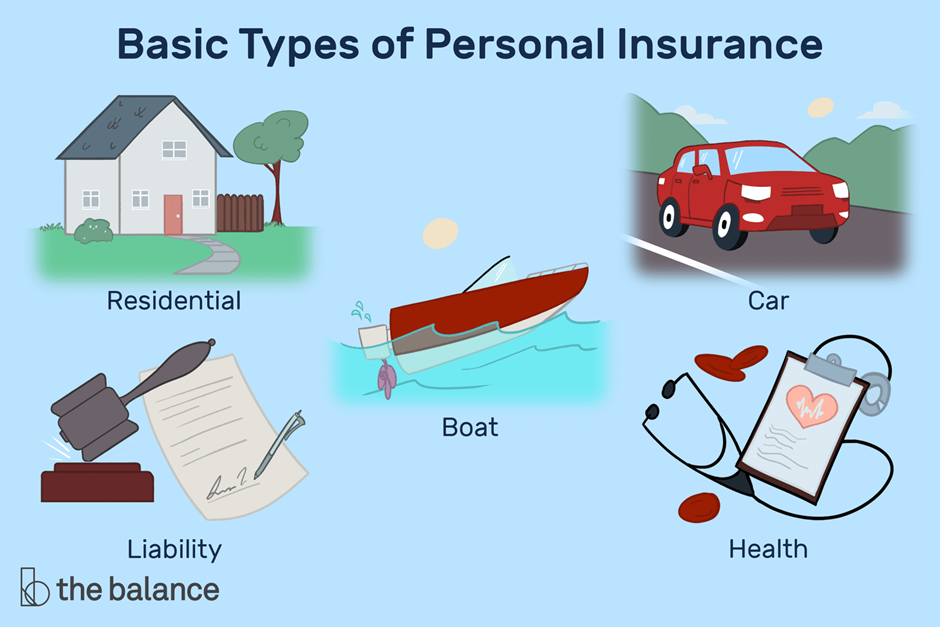AI, Platforms, and the Future of Insurance Intermediation
- Aman Pal Singh

- Jul 13, 2024
- 3 min read
When talking about the insurance industry, one of the key pillars connecting the insurers and their customers is the intermediaries. Overall, there are two types of intermediaries, one of them is categorized as insurance brokers. Typically, they work independently and represent the consumers by helping them to connect to the right policies or companies. The other one is insurance agents, who represent an insurance company and sell insurance policies on behalf of that specific company. Which is to say, while insurance agents tend to work for a company - be it public or private, insurance brokers tend to work on their own.
The market for insurance has always been very competitive. In 2023, there were approximately 23 thousand insurance brokers and agencies businesses all across Canada, increasing by 0.2% compared to 2022. Currently, there are approximately 40.5 thousand employees who are actively working in the industry, earning 9.5 billion in 2023. With the industry mostly offering the same coverage, insurance intermediaries often pride their products on the competitive prices and personalized offerings. Some of the most basic policies include home insurance, automobile insurance and health insurance. Depending on the company's capabilities, they can choose to include business insurance, life insurance, or pet insurance in the offerings. However, insurance is a personalized experience, which means the products are varied depending on the customers' needs. This could be both challenges and opportunities depending on how the companies cater and write their policies.
Insurance has a long history, dated back in the mid-1830s. From then on, the industry has constantly changed and refined until today. Traditionally, intermediaries such as brokers or agents act as their clients' only source of trusted information, guiding their customer through the complexity of policies and risks that are related to insurance. They represent their clients, who wholeheartedly trust them to negotiate a right coverage on their behalf. However, today the world has changed, and with the constant development of AI, humanity is entering the new era of technology. This does not mean to challenge the traditional way the intermediaries operated, but rather serve as a helping hand for the industry to involve. With the consistent change of the economy, especially in this day and age where people focus their attention on the rise of digital platforms, the intermediaries now have the option to utilize this opportunity to accelerate in their own field. For example, many companies nowadays choose to fully operate online, completely eliminating the need to find the nearest physical offices for their clients.
The future of intermediaries might revolve around innovative strategies, partnerships and groundbreaking offerings, with the help of AI. Clear pricing and organizational strategies combined with partnership with similar mindset entrepreneurs and companies will ensure the insurance carriers remain relevant in their customers’ eyes. Adopting AI and self-service options could boost one’s long term efficiency and gain one’s competitive advantages. Overall, it is extremely important for the industry to keep up with economic trends, leverage their knowledge and utilize each opportunity efficiently.
AI, Platforms, and the Future of Insurance Intermediation, by Thư Bùi Stella, Intern B4E Insurtech Inc
Disclaimer: This article is provided for informational purposes only. The views expressed by the author are their own and do not necessarily reflect the opinions of our organization. While we strive for accuracy, we make no representations or warranties regarding the completeness, reliability, or suitability of the content. Readers should exercise their own judgment and verify any information before acting upon it. We disclaim all liability for any errors, omissions, or consequences arising from the use of this article.
Images sources:
Bibliography:





Comments